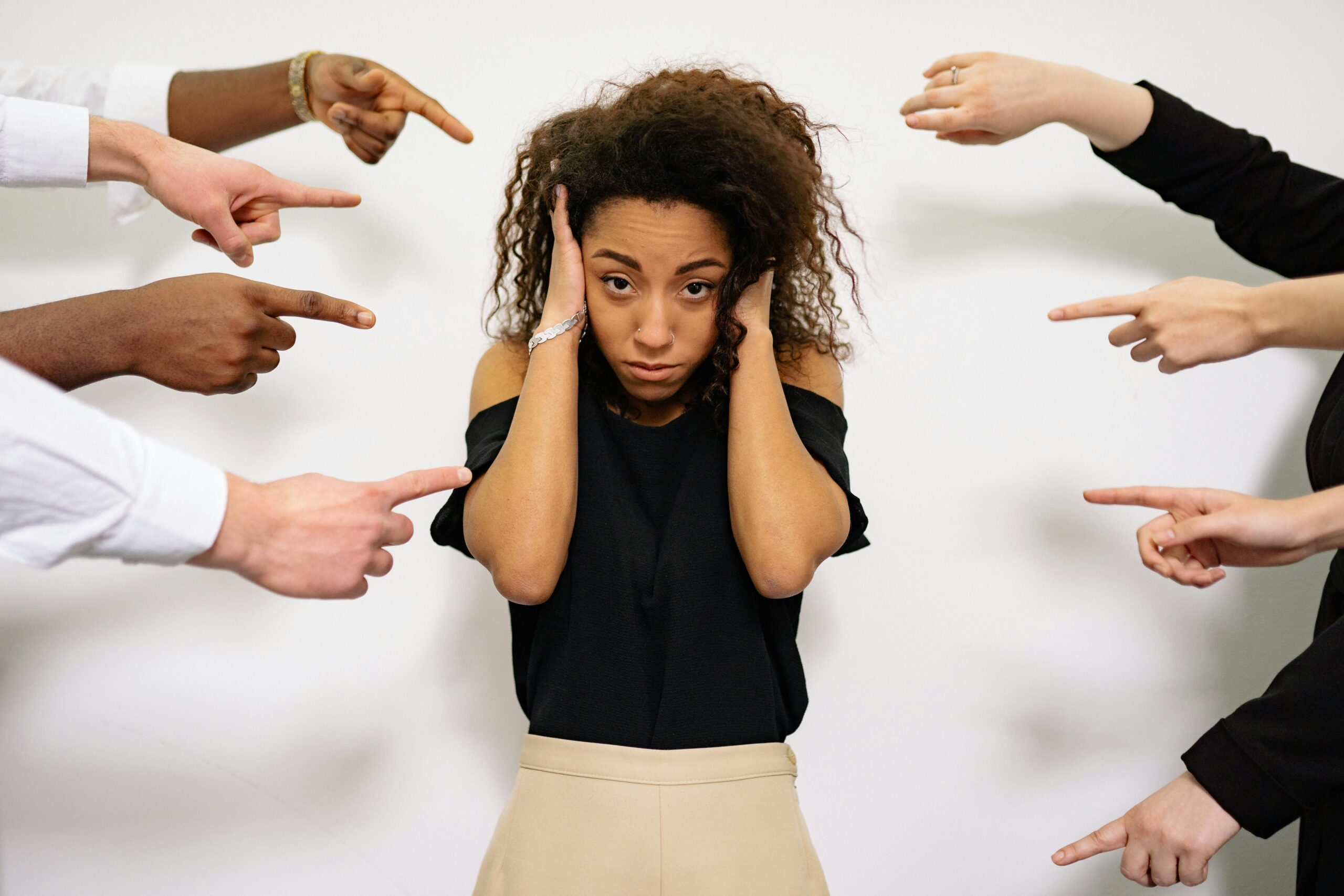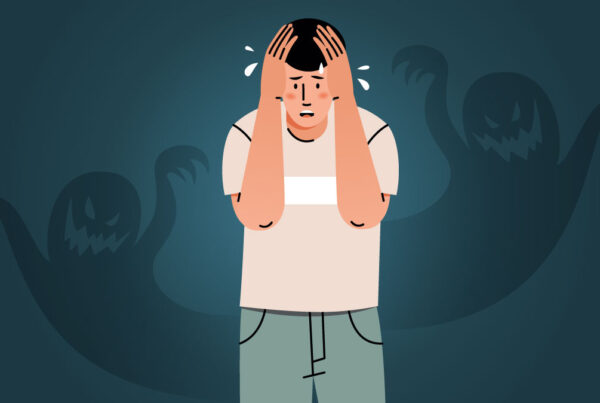Dealing with body shaming can be challenging, but you can take steps to protect your self-esteem, respond effectively, and foster a positive body image. Here’s a guide to help:
1. Build Self-Confidence and Resilience
- Practice Self-Love: Focus on your strengths and qualities beyond physical appearance. Remind yourself that your worth isn’t tied to your looks.
- Surround Yourself with Positivity: Spend time with people who uplift and support you rather than criticize you.
- Set Boundaries: Decide what behaviors or comments you will not tolerate, and communicate this to others.
2. Respond to Body Shaming
- Ignore or Walk Away: Not every comment deserves a response. Sometimes, disengaging is the best way to protect your peace.
- Address It Directly: Calmly but firmly let the person know that their comments are inappropriate and hurtful. For example:
- “I don’t appreciate comments about my body.”
- “Please focus on something other than my appearance.”
- Use Humor: If it feels right, a lighthearted response can defuse the situation and shift the focus.
3. Manage Negative Self-Talk
- Challenge Internalized Messages: If you find yourself adopting body-shaming beliefs, remind yourself that societal beauty standards are often unrealistic and harmful.
- Practice Positive Affirmations: Replace negative thoughts with affirming ones like, “I am worthy just as I am,” or “My body allows me to live, and that is enough.”
4. Seek Support
- Talk to Someone: Share your feelings with trusted friends, family, or a therapist. They can provide comfort and perspective.
- Join Communities: Engage in body-positive communities or groups where people celebrate diversity in appearance.
5. Focus on What Your Body Can Do
Shift your perspective from how your body looks to what it allows you to experience (e.g., walking, dancing, creating, loving). Gratitude for your body’s functionality can help combat negativity.
6. Advocate for Change
- Promote Body Positivity: Challenge harmful beauty standards and advocate for inclusive representation in media and culture.
- Educate Others: If appropriate, use body-shaming incidents as opportunities to educate people about respect and empathy.
7. Seek Professional Help if Needed
If body shaming leads to persistent negative self-esteem or mental health struggles, consider consulting a therapist. They can help you navigate your feelings and build a healthier self-image.
Remember, your value as a person goes far beyond physical appearance. Embracing your uniqueness and fostering kindness—for yourself and others—can help diminish the effects of body shaming.




